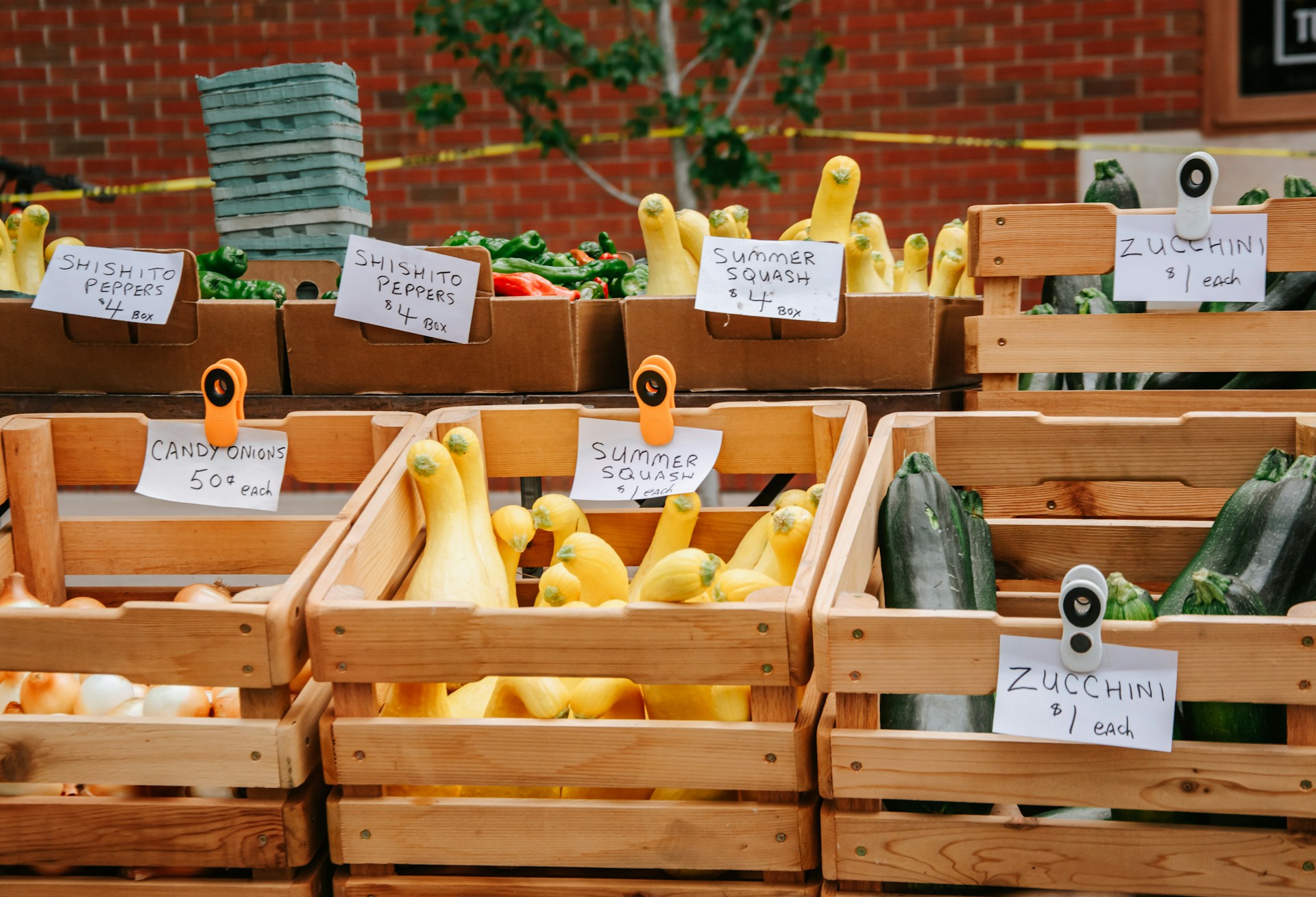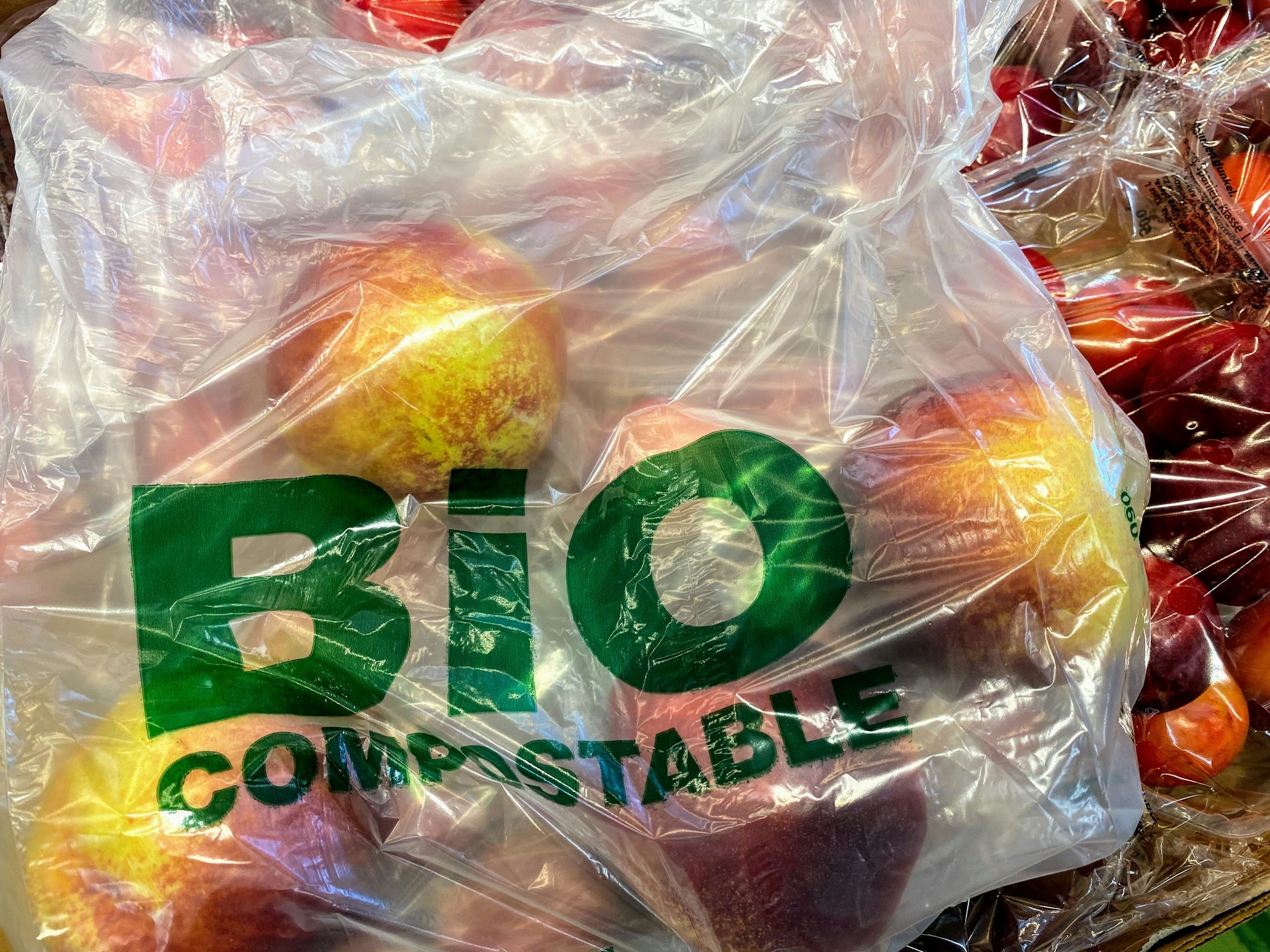Sustainable certification has become increasingly relevant within the produce packing industry.
This ecosystem-focused recognition is not merely a philanthropic badge on the wall.
It serves as an assurance that a company embraces best practices that look beyond immediate profits toward long-term environmental preservation and social equity.
The implications are profound, with potential benefits ranging from cost savings through efficiency improvements, to reputational enhancement that can lead to increased market share.
This is a topic of practical relevance for every entity involved in the production and retail of fresh food items.
The specifics of these benefits and the process of acquiring the certification will be discussed in detail in the following lines.
Contents
Benefits Of Sustainable Certification For Produce Packers
1. Attracts Environmentally-Conscious Consumers
As the awareness and concern for the environment grows, businesses are finding themselves needing to adapt in order to meet the demands of the changing market.
The adoption of sustainable certification for produce packers is one way businesses are meeting these demands.
With a certified sustainable product, environmentally-conscious consumers are more likely to choose that product over one without certification.
These consumers value the environmental responsibility that comes with supporting sustainable businesses and their products.
By obtaining sustainable certification, produce packers can attract this growing market of environmentally-conscious consumers.
It’s not just individual consumers who are drawn to sustainable options either.
Corporations and businesses are also choosing to source from companies that have established sustainable practices.
For many companies, it’s a matter of meeting their own sustainability goals and promoting responsible practices
Customers of all types are more willing to invest in products that align with their own values and priorities.
Businesses that want to attract these consumers can do so by obtaining certification that verifies their commitment to sustainable practices.
This move serves as a clear signal to consumers that the company is committed to environmental responsibility.
It demonstrates that the company values the importance of sustainable practices and wants to play a part in protecting and preserving our environment.
Ultimately, sustainable certification supports businesses in their effort to build a stronger and more positive relationship with their customers.
It encourages consumers to view the business as a responsible and valuable contributor to society and the environment.
Thus, gaining and maintaining sustainable certification is an effective way to attract environmentally-conscious consumers.
2. Boosts brand’s reputation and credibility.
In today’s market, consumers are significantly more aware and concerned about the environmental impact of the products they purchase.
The choice to become sustainably certified not only signals to these consumers that a brand prioritizes environmental considerations, but also demonstrates a commitment towards maintaining high industry standards.
For produce packers, sustainable certification can serve as a powerful trademark, immediately communicating to customers that their products are responsibly sourced.
This in turn boosts the brand’s reputation substantially among an increasingly eco-conscious consumer base.
A produce packer that is sustainably certified is viewed as an environmentally responsible entity, significantly elevating its standing in the eyes of consumers as well as industry peers.
Brand credibility is further enhanced when consumers are able to recognize and associate the brand with quality and sustainability.
An enhanced reputation leads to greater consumer trust, a vital ingredient in fostering strong and lasting consumer relationships.
This is particularly important as studies have shown that consumers are more likely to remain loyal to brands that display principles of sustainability and conscientious business practices.
Additionally, sustainable certification can provide produce packers with a competitive edge in the market.
A certified produce packer is further seen as a brand that values transparency, as it is willing to subject itself to audits and assessments in order to confirm adherence to sustainable practices.
This boosts credibility among consumers and strengthens the brand’s market position.
Moreover, a sustainable certification is a clear and concrete evidence of a produce packer’s commitment to environmental responsibility.
Not only can a sustainable certification boost a brand’s reputation and credibility, but it also paves the way for expanded market opportunities.
Beyond the consumer market, sustainable certification can open doors to partnerships and collaborations with other companies who value and prioritize sustainability.
A produce packer that is sustainably certified sets itself apart as a pioneer and a leader in embracing and promoting sustainable practices within the industry.
3. Potentially Higher Market Prices
One of the significant advantages of obtaining a sustainable certification for produce packers is the potential for higher market prices.
This is primarily due to the fact that consumers are increasingly interested in purchasing more sustainable, eco-friendly products, and they are often willing to pay more for them.
On a broader scale, companies that have sustainable certification can often sell their products at higher prices compared to those who don’t.
This is because companies with sustainable certification are viewed as being more responsible and environmentally favorable.
Consumer’s willingness to pay more for responsibly sourced goods translates into a potential for increased profits for certified businesses.
The certification signals to consumers that the business operates in a sustainable manner and respects the environment.
This increased consumer trust, in turn, allows businesses to demand higher prices for their goods without fear of losing customer interest.
Moreover, sustainable certifications are often associated with higher quality goods, providing another reason for consumers to be content with paying a premium.
It’s also pertinent to note that, while obtaining sustainable certification does require an initial investment, the potential return on investment, through the sale of higher-priced goods, can often justify this expenditure.
Indeed, it’s not uncommon to find that the financial benefits of sustainable certification exceed the initial costs associated with acquiring it.
Furthermore, as a rule, businesses who can demonstrate their commitment to sustainable practices through certification are often more likely to attract repeat customers – another factor leading to potential financial gain.
Additionally, sustainability-themed marketing campaigns, backed up by real certification, can also drive higher sales volumes, justifying the higher prices even more.
Lastly, certain countries or trade areas might also offer financial incentives or subsidies for businesses that achieve sustainable certification, further boosting the potential for higher market prices.
In essence, sustainable certification can, therefore, be viewed as an investment into the company’s future profitability and longevity, and a tool to gain a competitive edge in an increasingly environmentally-conscious market.
The Bottom Line
Embracing sustainable business practices not only elevates a brand’s standing in the market but also paves the way for potential financial gains.
The surge in environmentally-conscious consumers underscores the brand’s ethos of responsibility and caring beyond profit.
Moreover, the enhanced reputation and credibility from maintaining such practices can be a significant factor in giving a brand the competitive edge.
Therefore, integrating sustainability into business practice isn’t merely a trendy buzzword; it’s an investment towards a promising future.




